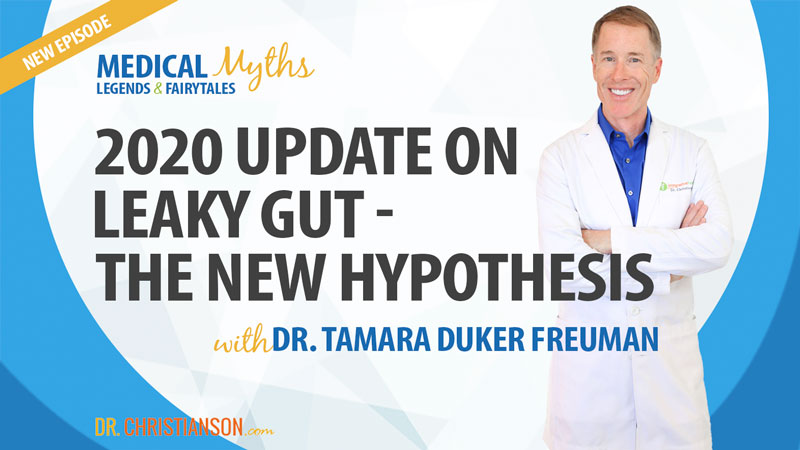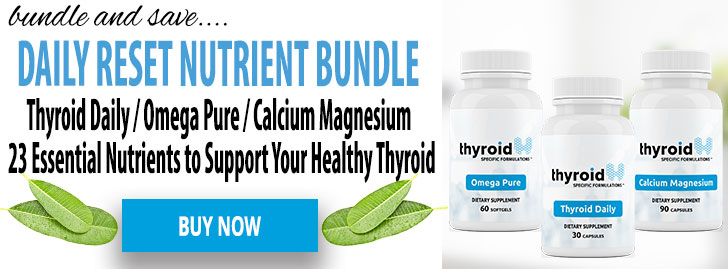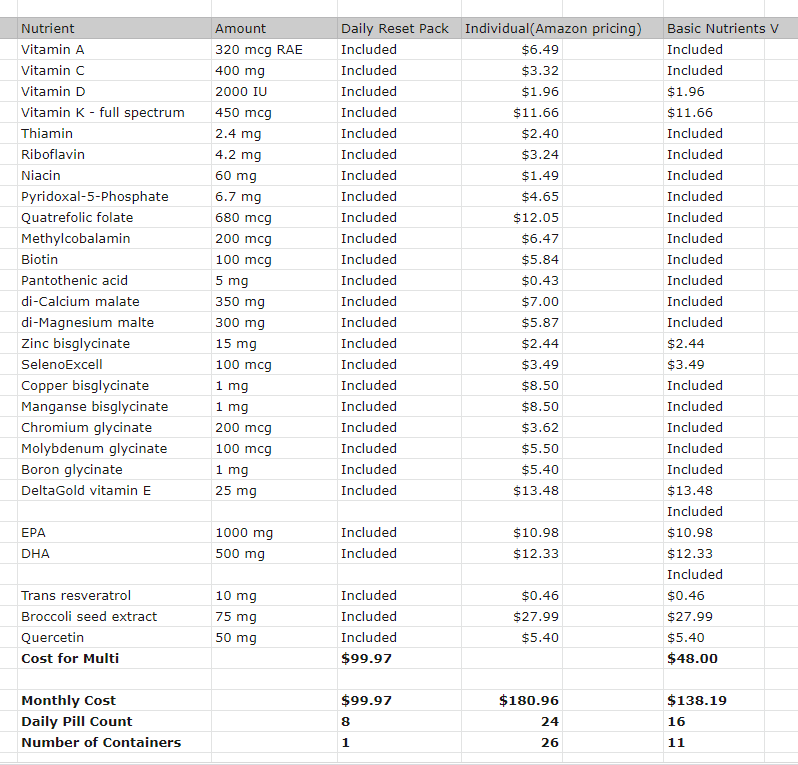Since dicalcium malate is better absorbed, less is needed, 300 mg per day is an effective dose for adults with thyroid disease.
14. Magnesium
For healthy immune function and thyroid hormone metabolism, magnesium is essential (Read More: Magnesium to Boost Your Energy Levels).
Studies have shown that low levels of magnesium increase the risk of elevated antibodies against thyroglobulin and thyroid peroxidase and cause low thyroid function38.
Magnesium: The Evidence
In a small clinical trial, magnesium supplementation, along with selenium, was shown to improve thyroid function and ultrasonographic dings in a group of women with long-standing thyroid disease39.
Magnesium: How Much Should You Supplement It?
Magnesium can act as a powerful osmotic laxative.
This effect is a function of the type and the dosage of magnesium used, and it is responsible for many gastrointestinal side effects.
Magnesium citrate is a well-absorbed type of magnesium that can be used in lower doses. A total intake of 300 mg per day, or 70% of the recommended daily value, is best for adults with thyroid disease.
15. Zinc
Zinc is essential for the production of thyroid hormones, as well as:
- Their absorption and use by the cells
- The conversion of T4 into T340
The relationship between zinc and thyroid disease even runs both ways. Low amounts of zinc can impair thyroid function, and impaired thyroid function can lead to zinc deficiencies41.
Zinc: The Evidence
Supplementing with zinc alone, or zinc with selenium, had pronounced effects on thyroid function in overweight women with hypothyroidism.
This study was a double-blind, placebo-controlled one. It also showed that zinc significantly improved both free T3 and free T4 levels (even though blood levels didn’t change)42.
Zinc: How Much Should You Supplement It?



















